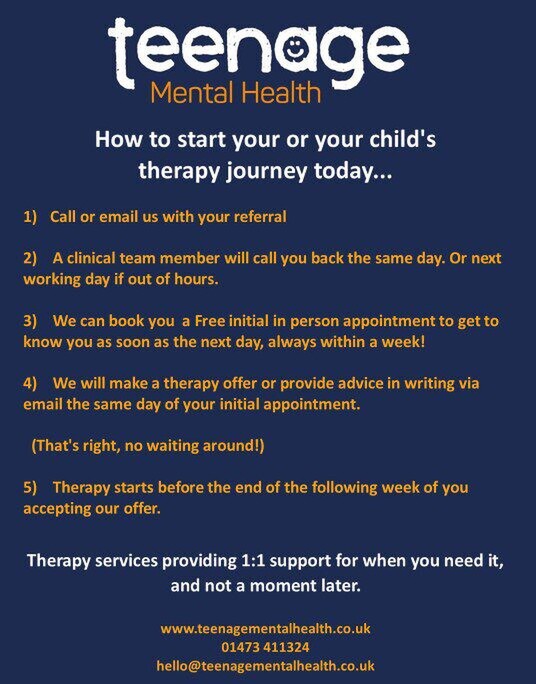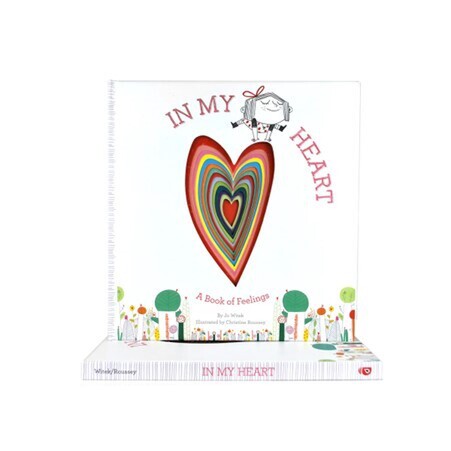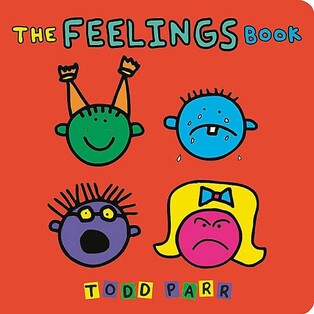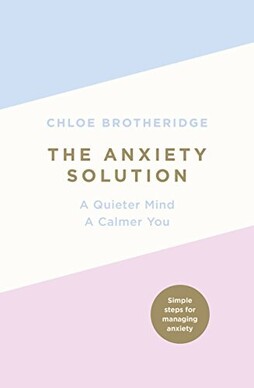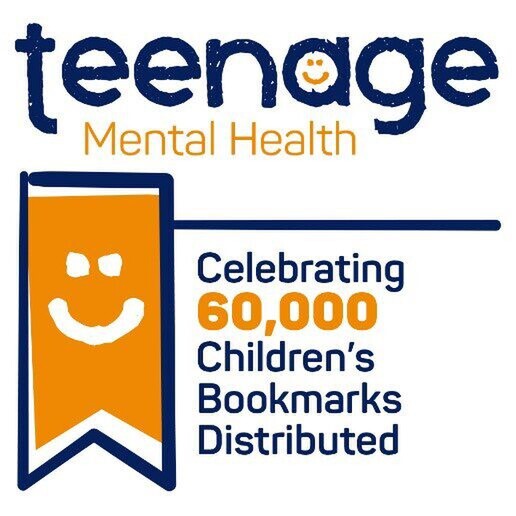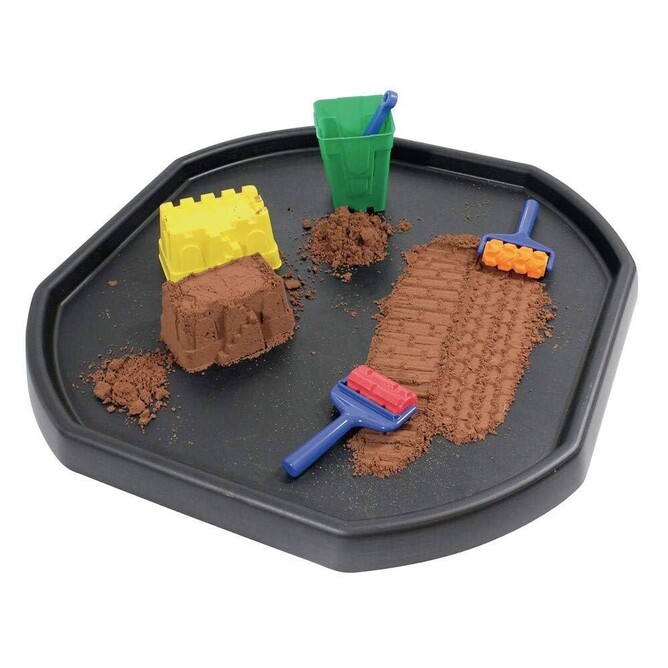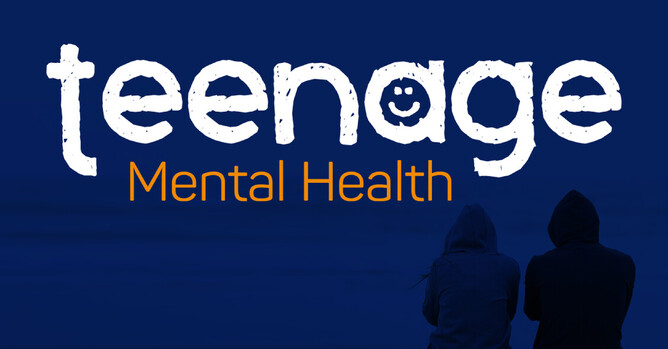This month, we look at subtle forms of bullying, the benefits of getting messy, and exams.
Understanding child and adolescent behaviour with hints, tips and more.
Thinking of Children as Cakes
(Please don’t put children in ovens!)
Comparing children to cakes can be a creative way to illustrate the importance of understanding and appreciating the diverse range of behaviours they exhibit.
Variety of Ingredients: Just like cakes require a variety of ingredients to turn out delicious, children need a range of behaviours to navigate the complexities of life. These behaviours/ingredients include curiosity, creativity, independence, empathy, resilience.
Some ingredients on their own can seem really unpleasant if not part of a cake, you wouldn’t typically only eat salt or a stick of butter on its own right? It wouldn’t be good for you to just eat sugar either? When a child's behaviour is sweet or salty, it’s all an important part and process of making a cake… raising a human we mean.
We can’t expect children to be sweet and well behaved all the time, a good cake isn’t only made of sugar…
Mixing and Baking: Much like the process of mixing and baking ingredients to create a cake, children go through a process of development where their behaviours are shaped and moulded by their experiences, interactions, and environment.
Unique Flavors: Every cake has its own unique flavour profile, and similarly, every child has their own unique set of behaviours and personality traits. It's essential to embrace and celebrate this individuality rather than expecting all children to behave the same way.
Balancing Sweet and Savory: Just as a cake needs a balance of sweet and Savoury flavours to be enjoyable, children need a balance of different behaviours to thrive. For example, while assertiveness and independence are valuable traits, so are empathy and cooperation. A well-rounded child exhibits a mix of these behaviours.
Decoration and Presentation: Finally, just as cakes are often decorated and presented in unique ways to enhance their appeal, children benefit from opportunities to express themselves and showcase their strengths and talents. Encouraging children to explore their interests and passions can lead to a more fulfilling and enriched life.
Viewing children as cakes highlights the importance of recognising and valuing the diverse range of behaviours they exhibit, understanding that each child is unique, and nurturing their development in a way that allows them to flourish.
- Fiona Hannah, Teenage Mental Health
Academic and Exam Stress
With GCSE Exams for many students, Coursework and Dissertation Deadlines looming for many, we feel it would be a good time now to put out something from TMH to help inform parents and carers of some information, and provide some tips or advice we all might want to consider.
Read HERE our separate blog on exam pressures.
Here are some of the factors that contribute to exam pressure for students in the UK:
High Stakes Exams: Competition: Parental Expectations: Teacher Expectations: Mental Health Issues:
And some helpful ideas you can consider from now ahead of exam days and submission deadlines
Bullying
Online & Subtle Bullying
Bullying is a pervasive issue that affects children in various settings, but it can happen at home and online.
While much attention is rightfully given to overt forms of bullying, such as physical aggression or verbal abuse, it's crucial to recognise and address subtler forms of bullying that can occur within families or the digital realm.
In this blog, we'll explore different aspects of bullying, including 'micro' bullying at home and online bullying, offering insights and strategies for parents to support their children and prevent bullying towards them.
Monthly Book Recommendations.
In My Heart: A Book of Feelings by Jo Witek
This interactive book helps children explore their emotions through beautifully illustrated pop-ups and lift-the-flap elements.
The Feelings Book by Todd Parr
Todd Parr's signature bright and bold illustrations accompany simple text to introduce children to various feelings and how to express them.
The Anxiety Solution: A Quieter Mind, a Calmer You" by Chloe Brotheridge
This book offers practical tools and techniques for managing anxiety and improving mental well-being.
Top Tips
Here are three resources children can use when they feel bullied.
Childline
Childline is a free and confidential helpline for children and young people in the UK. They offer support and advice on a wide range of issues, including bullying.
Kidscape
Kidscape is a UK-based charity that works to prevent bullying and support children who are affected by it.
NSPCC
The NSPCC (National Society for the Prevention of Cruelty to Children) is a leading children's charity in the UK that works to protect children from abuse.
links and more via the main blog here
Something going on locally
Do you have a local children’s fun / health event you’d like to be shared? Email us the details requesting it to be added to our next newsletter. hello@teenagementalhealth.co.uk
Interesting Facts
The mind can protect itself and heal often after bullying remarks or behaviours. But when they keep being experienced, like this helmet shows, eventually cracks can appear.
One interesting fact about how bullying impacts children's brains is that it can actually alter the structure and function of certain brain regions. Research has shown that prolonged exposure to bullying can lead to changes in the amygdala, which is involved in processing emotions such as fear and anxiety. Additionally, the prefrontal cortex, which is responsible for decision-making and emotional regulation, may also be affected.
These changes can manifest in various ways, such as increased stress response, difficulty regulating emotions, and impaired cognitive function. Over time, this can contribute to mental health issues such as anxiety, depression, and even PTSD in some cases.
Understanding these neurological impacts underscores the seriousness of bullying and the importance of addressing it promptly and effectively to mitigate its long-term effects on children's well-being.
Emetophobia: What is it?
The fear of vomiting
Emetophobia, commonly known as the fear of vomiting, is a specific phobia that can significantly impact an individual's quality of life. This fear can manifest in various ways, from avoiding situations where vomiting may occur to experiencing intense anxiety at the thought of becoming sick.
Types of Emetophobia:
Specific Phobia: Some individuals may fear only their own vomiting, while others may fear witnessing others vomit or even the sound or sight of vomit.
Generalised Anxiety: In some cases, Emetophobia may be part of a broader anxiety disorder, where the fear of vomiting is accompanied by other anxieties or phobias.
Causes of Emetophobia:
Traumatic experiences with vomiting, such as a severe illness or food poisoning, can trigger Emetophobia. Observational learning from witnessing someone else's distressing experience with vomiting, especially during childhood, can contribute to the development of this fear. Such as a child or adult witnessing an extremely unwell parent or sibling.
It can also be part of control issues. Some individuals may develop Emetophobia as a way of exerting control over their bodies, fearing the loss of control associated with vomiting.
How to Help:
Relaxation Techniques: Learning relaxation techniques such as deep breathing, mindfulness, or progressive muscle relaxation can help individuals manage anxiety symptoms associated with Emetophobia .
Therapies: There’s a range of therapeutic options that can be very helpful. From symptom management options to longer term therapies working on past experiences.
Medication: In some extreme cases, medication may be prescribed to help alleviate symptoms of anxiety or panic attacks associated with Emetophobia. However, this is typically used with adults only in conjunction with therapy rather than as a standalone treatment.
Overall, seeking support from a mental health professional experienced in treating phobias is essential for individuals struggling with Emetophobia. With proper guidance and support, it is possible to overcome this fear and regain a sense of control over one's life.
Something To Do Together
Each month we’d like share an activity idea activities parents and adults can do to promote engagement and healthy attachments with their children. This Month it’s,
Art and Craft Sessions
Set up art and craft stations at home for creative activities like painting, drawing, or crafting, fostering self-expression and imagination. Children of any age love sensory things, so stock up on clays, putties and feathers anything that has a different feel to it.
Womble advocates for children going outside and getting creative and messy when they play for a few reasons.
Womble certainly doesn’t mind getting a bit wet and dirty on his walks (This is also because he loves to wrap up after when he does as you can see). And neither do some children! So what might some reasons be?
Sensory Stimulation: Playing in the dirt, or with messy materials such as slime, goo, sand and more exposes children to various textures, temperatures, and sensations, which can stimulate their sensory development. Feeling the earth, and other textures beneath their fingers, squishing mud between their toes, and experiencing different tactile sensations can help children.
Using giant mess trays like these are super helpful ways for kids to enjoy messy fun. And for us parents & carers, less stressful managing the mess.
Emotional Regulation: Playing outdoors in nature has been linked to reduced stress levels and improved emotional well-being in children. Getting dirty and engaging in unstructured play outdoors can help children release pent-up energy, reduce feelings of anxiety, and promote a sense of calm and relaxation.
Creativity and Imagination: Playing in a natural environment encourages open-ended, imaginative play. Children can use natural materials to build, create, and explore, stimulating their creativity and imagination. Whether they're building mud pies, digging or making nature art, playing in the dirt allows children to express themselves and engage in imaginative play.
Physical Development: Playing in a natural environment encourages often involves physical like digging, climbing, and running, which promote gross motor skills development, strength, and coordination. These activities help children develop balance, agility, and spatial awareness while also encouraging physical fitness and overall health.
Getting dirty when they play allows children to engage in sensory-rich, exploratory experiences that promote their physical, emotional, and cognitive development.
Do you want to link our blogs to your school or organisational website?
This Newsletter and Blog is for the general public domain. All we ask is you request our logo to use on your site with the blog link.
Teenage Mental Health
At Teenage Mental Health, we hear often about the challenges of navigating waiting lists and thresholds for care by those who knock on our door.
Our team comprises highly qualified therapists dedicated to providing exceptional services for individuals wanting better for themselves or their children looking for the best mental health services.
Whether we are your first port of call, or you’re someone who may feel stuck and frustrated in accessing timely support. Operating on a not-for-profit basis, profits are not our motive; your mental health is.
Teenage Mental Health prioritises your well-being. While we do charge for therapy, as sadly, no government body funds us, our sole focus is ensuring that you and your child receive the care you need.
We can also provide services funded by schools and organisations to to their students/clients, if you work in such an organisation that’s currently looking for additional support, get in touch today.




